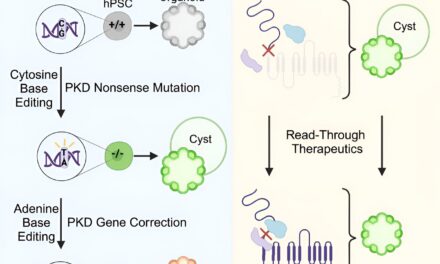This plan gives birth to the National Rabies Control Programme of India with rabies now also declared a notifiable disease2.
“As a country with rich research and clinical expertise, a lead producer of rabies biologicals, and a country which carries around one third of the global rabies burden, India can play a key role in reaching the global target.” emphasized Dr Roderico Ofrin, World Health Organization’s Representative in India.
India is giving priority to stop this preventable disease. It builds awareness of the importance of action against rabies with commitment from the relevant sectors and sets into practice the operationalization of One Health.
“The mere mention of Hadakwa (rabies) induces terror in rural areas. They will actively help the government in this noble endeavour” explained Shri Parshottam Rupala Union Minister of Fisheries, Animal Husbandry and Dairying
Attaining the goal set out in the national action plan requires that the different sectors join forces in a One Health approach. India has now created a One Health network that will not only serve rabies but will also strengthen surveillance and health systems for multiple health risks at the human-animal-environment interface through better coordination and communication between the animal- and human health and other relevant sectors.
As Dr Roderico Ofrin confirmed “Investing in rabies elimination strengthens both human and veterinary health systems, improves equity and access to care, and contributes to sustainable development.”
India’s new action plan is a model of leadership in India and sets out an example for other rabies endemic countries.












